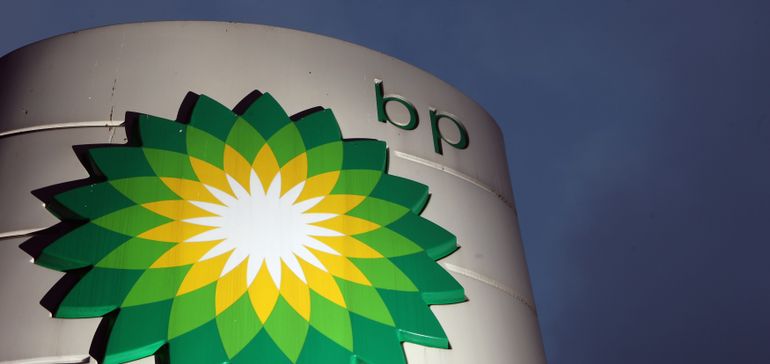Dive Brief:
- Archaea shareholders approved the company’s pending sale to BP by a wide margin on Tuesday morning. The transaction could close by the end of the year, pending regulatory approvals.
- Ahead of the vote, the company released a supplemental proxy filing in response to multiple lawsuits alleging that Archaea violated the Securities Exchange Act by omitting certain details about the deal process from a prior proxy filing. The company described the allegations as “meritless” and at least one suit has been dismissed so far.
- Archaea’s full proxy filing indicates the company fielded offers from multiple prospective buyers before selecting BP. Approval from Republic Services, a joint venture partner with Archaea, was among the last steps before finalizing the deal.
Dive Insight:
Archaea has only been in business since 2018, and it just went public last fall, but the increasingly valuable renewable natural gas market has made it a key player.
The Texas-based company has grown through multiple acquisitions of its own in recent years. It currently operates 50 RNG and landfill gas-to-energy projects in the U.S., with more than 80 other projects in development, and reported nearly $105 million in revenue for the third quarter. This portfolio was already expected to grow due to rising demand for RNG plants at landfills and other methane-generating facilities, but that pace will likely be accelerated under BP.
The two companies were already familiar with each other through their Mavrix joint venture to build anaerobic digesters at dairy farms. Archaea’s Nov. 14 filing shows that talk of a possible deal became more serious over this past summer, as BP and other unidentified parties had discussions with the company.
Archaea’s board engaged BofA Securities to manage a formal process for potential buyers. BP’s initial offer, made on Aug. 30, was $24 per share. Negotiations with multiple parties continued into October, when BP eventually agreed to the final price of $26 per share. Because Archaea and Republic have a $1.1 billion joint venture for dozens of landfill RNG projects, known as Lightning Renewables, Republic had to waive “change in control rights that would have otherwise been triggered by the closing” of the merger, according to the filing. Republic finalized that waiver on Oct. 16 and the deal was announced on Oct. 17.
In a statement that morning, Archaea CEO and co-founder Nick Stork said “BP is a world-class partner and a strong fit for Archaea, with a strategic focus on bioenergy and an operational history in the RNG value chain that is fully aligned with ours and our partners’.” Stork and other company leaders are expected to stay on following the transaction.
Later that morning, in an investor call, CEO Bernard Looney described BP as “the natural owner” of Archaea and said it was the company’s best acquisition since 2016.
Carol Howle, BP’s executive vice president of trading and shipping, said that by “bringing the two portfolios together, what we are looking at doing is being able to optimize between the different sources of RNG that we have in the U.S., whether that is from landfills, food waste, or indeed dairy digesters.” Howle said that BP’s co-marketing agreement with Clean Energy Fuels, a company that has more than 550 natural gas fueling stations in the U.S., is seen as another area of potential.
At the time, Archaea had ordered equipment for 22 of its 80 upcoming projects, according to comments from Looney, and BP executives forecasted much more growth. Looney noted Archaea already had access to around 100 of an estimated 1,000 landfill sites with RNG development potential in the U.S.
“This is a business that has scaled financially. It has growth, it has tailwinds,” he said. “We expect this sector to grow 25-fold between now and 2050.”



